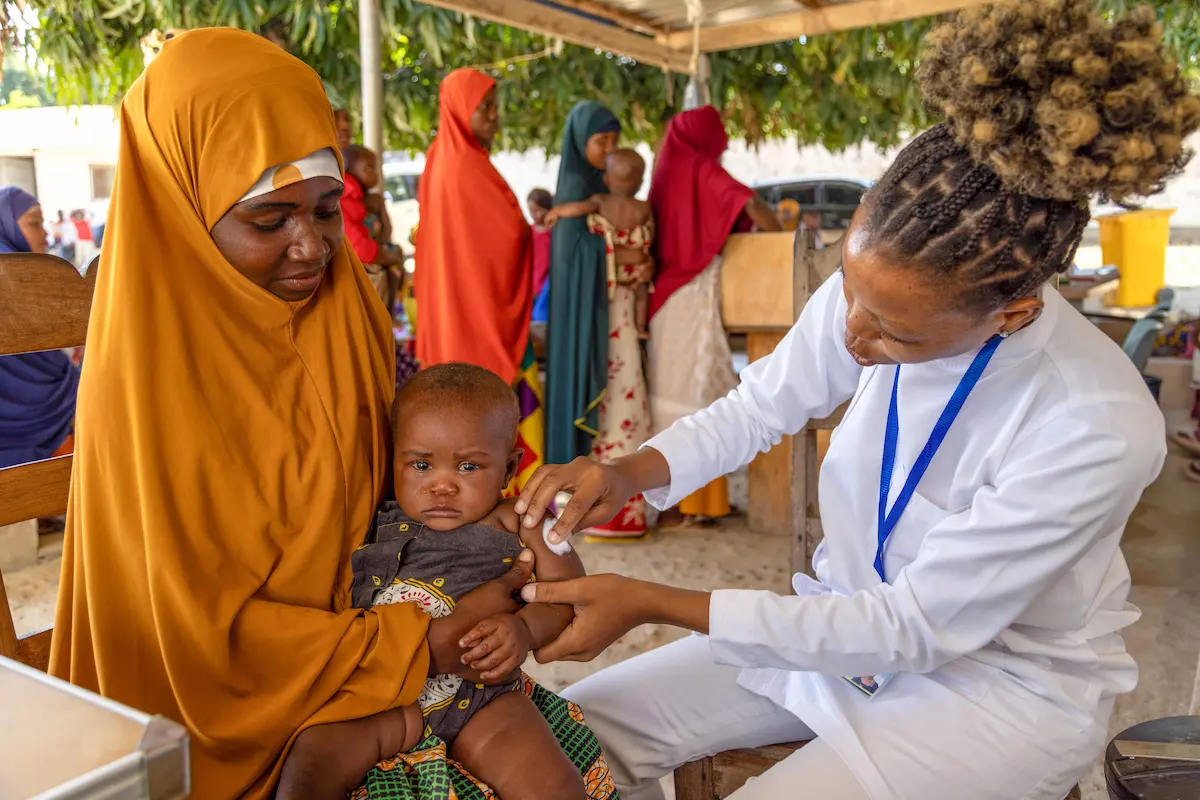Gambiaj.com – (Banjul, The Gambia) – A groundbreaking new study has confirmed what many Gambian health practitioners have long believed: increasing the number of prenatal checkups significantly improves birth outcomes and could reduce the high rate of low birth weight among Gambian newborns.
The study, published in PLOS Global Public Health, reveals compelling causal evidence that regular prenatal visits during pregnancy reduce the risk of low birth weight — a major health challenge in The Gambia, where 1 in 10 babies is born weighing less than 5.5 pounds.
Babies with low birth weight are more likely to die within their first month or year, suffer from developmental delays, and face chronic health conditions later in life.
However, researchers from the University of Notre Dame, including Santosh Kumar Gautam and Gambian scholar Alasana Suso, found that simply increasing the number of prenatal visits could reverse this trend.
Drawing on data from more than 4,400 births documented in the 2019–2020 Gambia Demographic and Health Survey, the researchers found that each additional prenatal checkup was linked to an average increase in birth weight of about 0.77 ounces and a 1.2 percent reduction in low birth weight incidence.
Mothers who had at least four prenatal visits saw a 2.5-ounce increase in average birth weight and a 4.7 percent drop in low birth weight rates.
“These improvements could save lives,” said Gautam, associate professor of development and global health economics at Notre Dame’s Keough School of Global Affairs. “More prenatal visits not only improve the health of the newborn but also help reduce neonatal and infant mortality.”
The study emphasized the importance of both the quantity and quality of prenatal care. Prenatal checkups help detect and manage issues such as intrauterine growth restriction, while interventions like iron and folic acid supplementation and health education help improve fetal development.
For Alasana Suso, a Gambian and co-author of the study, the findings carry deep national significance. “This research is not just academic,” Suso said. “It provides evidence that can guide national policy to improve maternal and child health in The Gambia.”
Experts say the implications for public health policy are profound. Currently, many pregnant women in rural and low-income communities lack access to consistent and comprehensive prenatal care.
The study’s findings support expanding maternal health services and improving the quality of checkups in both public and private health facilities.
Elizabeth Wood, another co-author and director of Notre Dame’s Master of Science in Global Health program, said the research provides critical insights for countries across sub-Saharan Africa. “Our findings highlight the urgent need for sustained investments to ensure mothers have access to high-quality prenatal care so that their children can start life on a healthy path,” Wood said.
The research is part of broader efforts by Notre Dame’s Eck Institute for Global Health and its Maternal, Newborn, and Child Health Initiative to tackle global health disparities.
It also ties into the Keough School’s mission to address poverty and inequality through research and policy engagement.
Looking ahead, the researchers are calling for further study into the content and delivery of prenatal care in The Gambia to identify which components are most effective in promoting healthy births.
For now, the message is clear: ensuring that expectant mothers in The Gambia receive at least four prenatal checkups could make a measurable difference in birth outcomes – and save countless lives.










